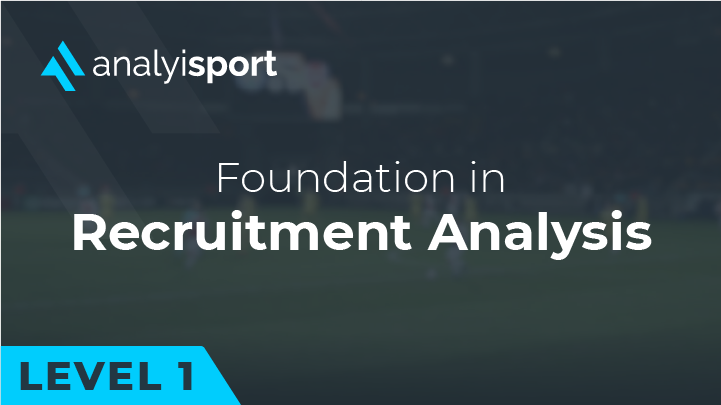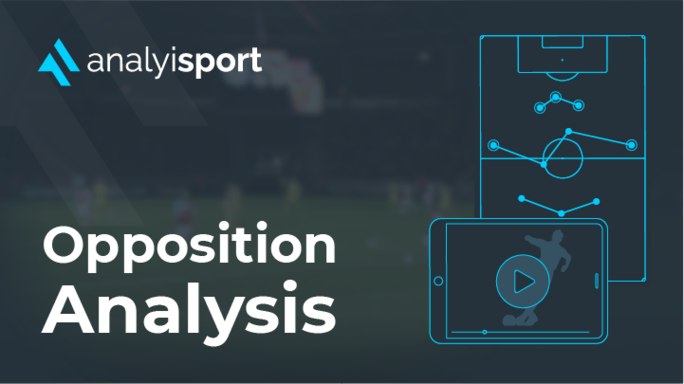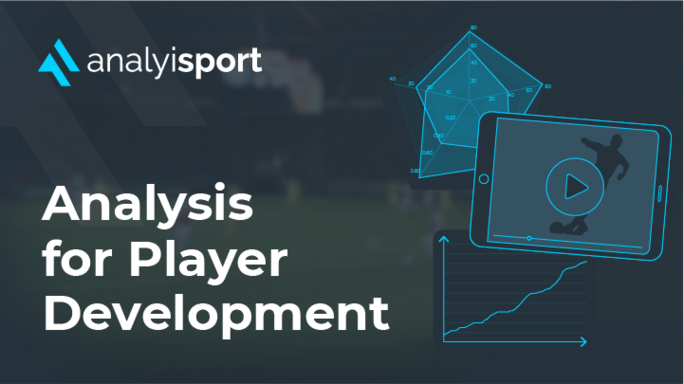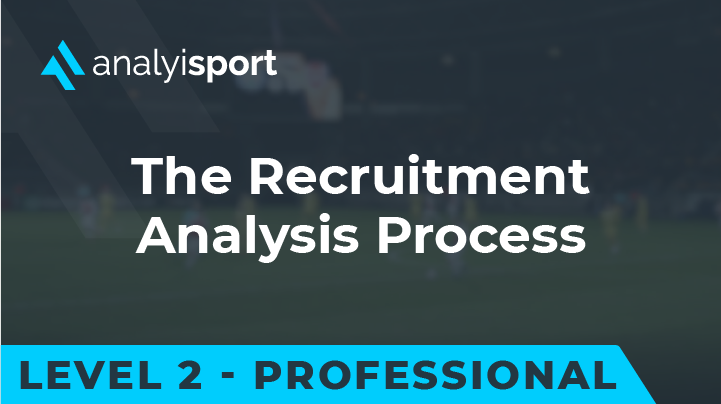What Does a Positional Scout Do
What Does a Positional Scout Do?
Player recruitment has changed a lot in recent years as football clubs start to embrace data and video analysis. One of the most recent changes is the rise of positional scouting.
Before the growth of modern analysis, scouts had to travel to matches to assess players, meaning that a scout would focus on attending games in a particular region. Now that it’s possible to find and evaluate players without traveling, scouts can change their focus. Instead of becoming an expert on players in one country or area, they can instead become specialists in finding players for a particular role.
A positional scout focuses on finding potential signings for their assigned positional group. They might be in charge of finding forwards, for example, or central defenders. Although it’s long been a feature of the NFL, it’s only in the last couple of seasons that football clubs have started to scout in this way. Let’s take a closer look at what positional scouts do.
What Are the Responsibilities of a Positional Scout?
Before they start looking for potential signings, the first job of a scout is knowing what kind of player they are looking for. Often, when a transfer goes wrong, it’s because a player doesn’t fully fit in with their new team’s style of play. They might have been great at their previous club, but if they can’t perform as well in their new role, they’re not going to be a good signing.
A positional scout has to get to know their club’s football philosophy. What tactics does the manager prefer to use and what kind of players are needed to make that tactic work? For example, a positional scout looking for central midfielders should know whether the team needs midfielders who are good at pressing and breaking up play or if they need to be good at dropping deep and forming a compact shape.
They also need to get to know the players who are already at the club, from the first-team to the academy. Knowing the quality that the club already has in that position provides a benchmark for judging whether a potential signing would be an improvement on the players already at the club.
Once they know what kind of players will fit the position, they can then start the search. Based on their knowledge of the skills needed and the quality of players already at the club, they will develop KPIs (Key Performance Indicators) which they can use to evaluate whether the performance statistics achieved by potential players are good enough. They can then search through databases looking for players who achieve the right numbers.
They will also use video scouting to watch footage of players. Companies such as WyScout now provide clubs with access to thousands of video clips of players from around the world. As well as watching full matches, the scout will also be able to find videos of players performing particular types of actions, such as tackles or through passes, allowing them to evaluable just how well a player performs a specific task.
As they develop their knowledge of the available talent in that position, they will start to put together a list of potential signings. These will include both senior players who are ready for the first team and younger players who are showing great potential. They will then compile reports on these players, outlining their strengths and weaknesses.
Who Does a Positional Scout Work with?
Player recruitment in modern football is a team effort. Within a department, scouts and recruitment analysts will work together. The head of the department will also discuss potential transfers with other people at the club, such as the sporting director, the manager, and other stakeholders.
A positional scout is unlikely to spend a lot of time talking to the manager, but they will regularly collaborate with technical scouts and data analysts in the department. Working with data experts helps the scout to find players more effectively and refine the KPIs that they are using when searching through databases. Being part of a team also helps them to search more thoroughly for players, something that is important when there is data available about thousands of players.
The positional scout will also cross-check players that have been discovered by regional scouts and recruitment analysts working at the club. The regional scout may have discovered a midfielder who is one of the best in that country, but the positional scout will have the specialist knowledge to assess how they compare to other players across the globe who play in the same role.
At a club where there is more than one positional scout, a scout will often do some work cross-checking players in another positional group. This allows the scouts to discuss players and help strengthen the assessments made.
As they look for players, they are also likely to have some contact with agents working in the game. By building connections with external stakeholders, the scout can stay in the loop about the availability of players and know whether it’s likely that a player would be interested in joining the club.
What Skills and Experience Does a Positional Scout Need?
As positional scouting is a new specialism, the scouts being hired in this role come from a broader scouting background. For example, Norwich City’s new Positional Scouting Lead, Kamil Nowak, was previously a Technical Analyst and Scout at Burnley and Head of Recruitment Analysis at Wigan. Before he got into football, he did a degree in International Relations. He’s never trained to be a positional scout, but he’s acquired the skills he needs for the role along the way.
Nowak’s experience as an analyst is important because modern scouting often involves using data and video. To be a good positional scout, it’s useful to know how to be able to search through a database to identify players and understand exactly what each metric and statistic means. They also need to know how to use video footage effectively. It’s no longer enough for a scout to have gut instinct about a player, they need to support their judgements with objective information.
Coaching experience is also useful. It can help a positional scout to understand the technical skills that a player needs for a particular role and how the position fits into the team’s tactics. The more they understand the requirements of the position, especially within the playing philosophy of their team, the more valuable they will be as a positional scout.
Like any new role that develops in an industry, ideas about what makes a good positional scout will develop over time. At the moment, no one has decades of experience working in the job. It’s an exciting area of growth in football recruitment and an opportunity both for existing scouts to become specialists and for people currently outside the game to develop their skills and offer something new.
Related Courses:

- Level 1
- Course
Level 1: Foundation in Recruitment Analysis in Football
£70.00

- Level 1
- Module
Level 1: Opposition Analysis in Football
£25.00
Share this article
Our Learning Pathways
AnalyiSport is for everyone who is passionate about analysis in football. Where are you in your development journey?
Become a Football Scout
As more clubs than ever look to build data into their recruitment process, an understanding of recruitment analysis is your ticket to success in the game.
Related Articles
Our team provides news and insights from the cutting edge of football analysis.





